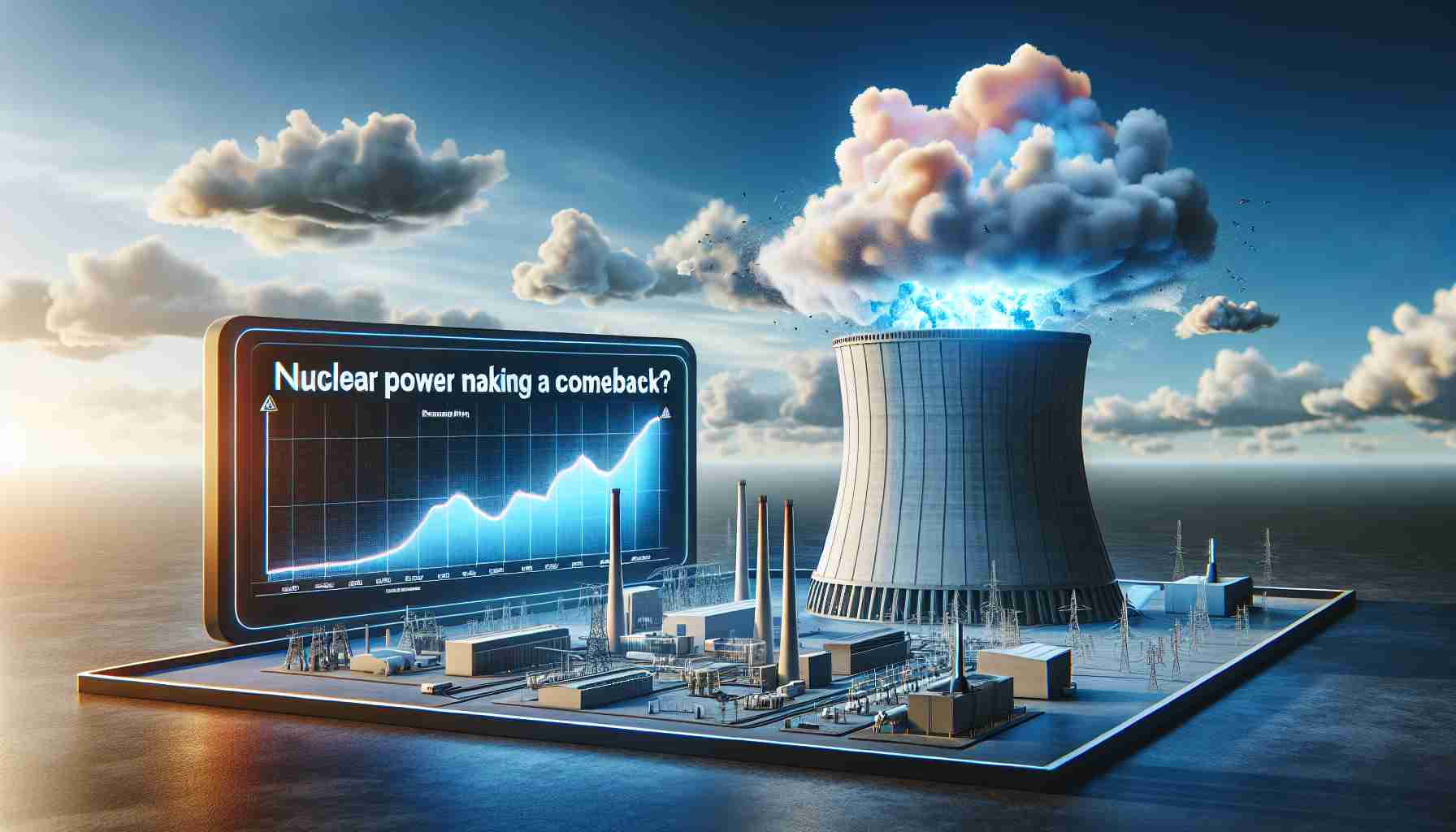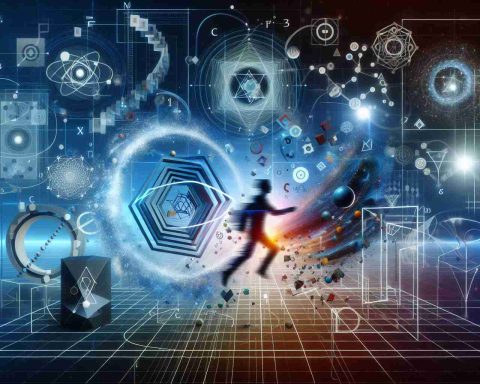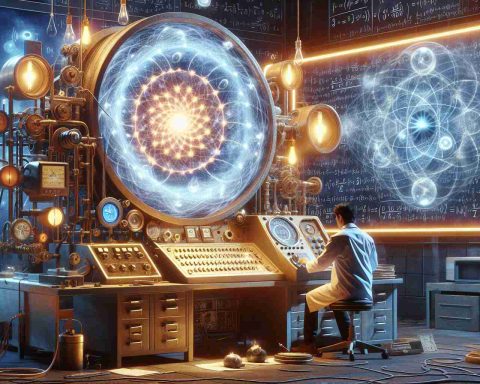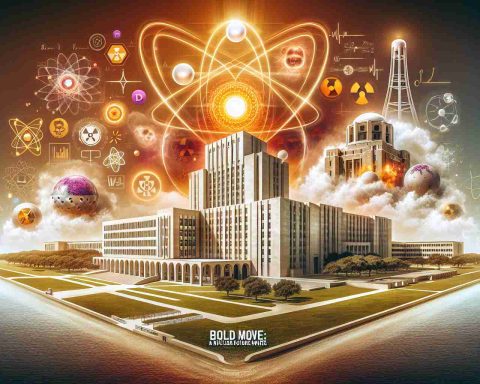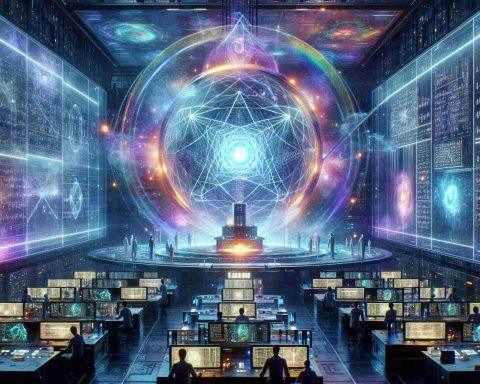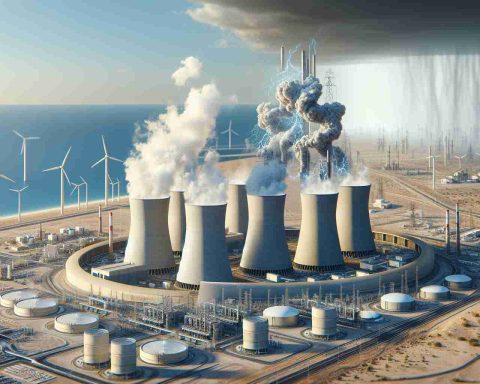The New Wave of Nuclear Energy
In a surprising turn of events, the nuclear energy sector is re-emerging with renewed vigor. Following the infamous partial meltdown at the Three Mile Island facility in Pennsylvania in 1979, the industry faced a significant decline, driven by safety concerns and public fear. However, as of 2023, a notable shift has been observed with the successful launch of the first new reactor since 1974.
This revitalization is marked by substantial investments in advanced nuclear technology, which promises reactors that are not only smaller but also economically viable and safer. The surge in demand for energy, partly fueled by the AI revolution, has prompted tech giants to explore nuclear options directly. Major companies, including Microsoft, have even expressed interest in reviving the legacy of Three Mile Island.
Among the advocates of this nuclear renaissance is Isabelle Boemeke, a Brazilian fashion model who has taken on the role of a nuclear energy advocate. With a unique blend of glamour and science, she champions the cause of nuclear power as a critical player in reducing carbon emissions. Boemeke has become a notable figure in the movement, passionately promoting the benefits and safety of modern nuclear technologies to the public.
As the discourse around energy continues to evolve, it appears that the nuclear sector might once again play a pivotal role in addressing global energy demands and environmental challenges.
The Nuclear Energy Renaissance: Opportunities and Challenges Ahead
The Resurgence of Nuclear Energy
The nuclear energy sector is experiencing a significant revival in 2023, driven by both technological advancements and increased energy demands. This turnaround has sparked interest among investors and companies, highlighting its potential to contribute to a sustainable energy future.
Innovative Technologies on the Horizon
One of the pivotal factors contributing to this resurgence is the development of Small Modular Reactors (SMRs). These reactors are designed to be more efficient and safer than traditional large-scale reactors. Innovations like gen IV reactors, which incorporate new safety systems and utilize advanced materials, offer potential solutions to long-standing issues in nuclear safety and waste management.
Benefits of Modern Nuclear Power
1. Low Carbon Emissions: Nuclear energy is one of the most effective ways to reduce greenhouse gas emissions, playing a crucial role in combating climate change.
2. Reliable Energy Source: Unlike renewable sources like wind and solar, which are contingent on weather conditions, nuclear power provides consistent and reliable energy.
3. High Energy Density: Nuclear fuel has a considerably higher energy density than fossil fuels, meaning it produces much more energy per unit of fuel.
Pros and Cons of Nuclear Energy
Pros:
– Low operational costs after initial investment.
– Reduces dependence on fossil fuels.
– High capacity factor, ensuring a steady supply of electricity.
Cons:
– High initial setup and decommissioning costs.
– Concerns surrounding radioactive waste management.
– Public resistance and fear of accidents, influenced by historical events.
Notable Players in the Nuclear Sector
Tech corporations such as Microsoft are investing in nuclear startups, recognizing the importance of a stable energy supply in supporting their operations and the increasing demand from data centers and AI technologies. Collaborations between tech giants and nuclear innovators could pave the way for a new era of energy solutions.
Market Insights and Trends
The global nuclear energy market is projected to grow significantly by 2030, driven by burgeoning energy needs and a push for cleaner technologies. Countries like China and India are leading the charge, with ambitious plans to expand their nuclear fleets as part of their energy strategies.
Sustainability and Nuclear Power
The sustainability of nuclear energy is under scrutiny, particularly concerning waste disposal and resource utilization. However, advancements in recycling spent fuel and the development of thorium reactors promise to mitigate these concerns, enhancing the sustainability profile of nuclear energy.
Looking Ahead: Predictions for Nuclear Energy
As the world shifts towards a more sustainable and reliable energy landscape, nuclear power is poised to reclaim a significant share of the energy market. The integration of advanced technologies and a growing acceptance among the public may lead to a normalization of nuclear energy in the global energy portfolio.
Conclusion
In summary, the nuclear energy sector is evolving, driven by innovative technologies, supportive legislation, and a renewed focus on carbon reduction. As public perception shifts and investments flow into new nuclear initiatives, the potential for nuclear power as a cornerstone of a sustainable energy future is greater than ever. For more information about trends and technologies in the energy market, visit Energy.gov.
The source of the article is from the blog elektrischnederland.nl
